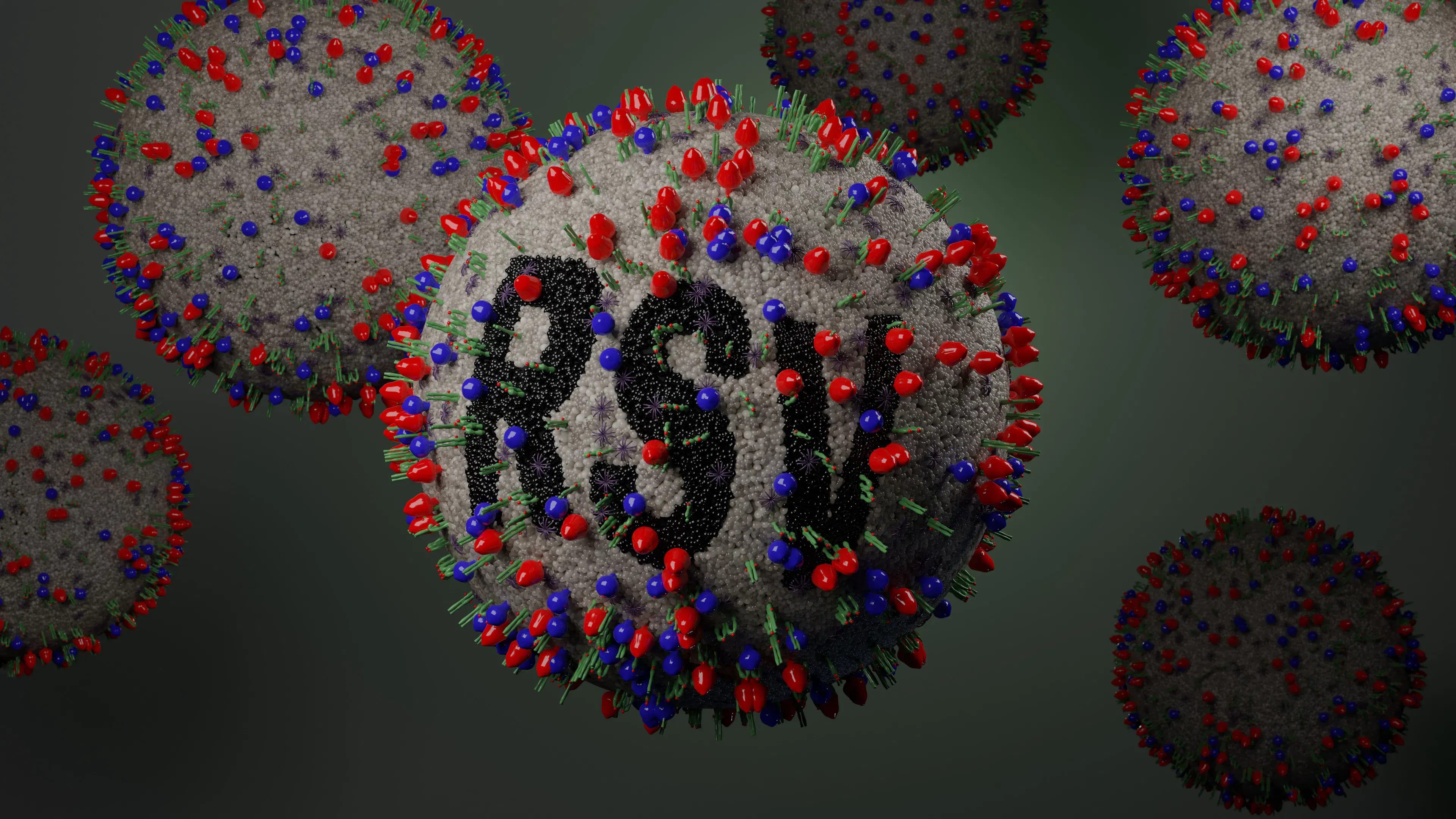Cystic Fibrosis: Elexacaftor–Tezacaftor–Ivacaftor combination
The suggestion of this week is an article recently published on NEJM and titled Elexacaftor–Tezacaftor–Ivacaftor for Cystic Fibrosis with a Single Phe508del Allele.
AUTHORS: P.G. Middleton, M.A. Mall, P. Dřevínek, L.C. Lands, E.F. McKone, D. Polineni, B.W. Ramsey, J.L. Taylor-Cousar, E. Tullis, F. Vermeulen, G. Marigowda, C.M. McKee, S.M. Moskowitz, N. Nair, J. Savage, C. Simard, S. Tian, D. Waltz, F. Xuan, S.M. Rowe, and R. Jain
SUMMARYCystic fibrosis (CF) is a lethal, inherited, autosomal recessive disorder, that affects approximately 80,000 people worldwide and is caused by mutations in the gene encoding the cystic fibrosis transmembrane conductance regulator (CFTR) protein that lead to reduced CFTR function. Although there are hundreds of different disease-causing mutations, nearly 90% of persons with CF have at least one copy of the most common mutation, the Phe508del CFTR mutation.CFTR modulators treat the underlying cause of disease and have improved clinical outcomes in persons with specific CFTR mutations. For persons with CF, who are homozygous for the Phe508del CFTR mutation, the combination of a single corrector, either lumacaftor or tezacaftor, with the potentiator ivacaftor, improves clinical outcomes. However, neither of these dual combinations is sufficiently effective in persons with CF who have a single Phe508del allele and a second CFTR mutation that does not respond to current CFTR modulator therapy.The authors, in collaboration with Vertex Pharmaceuticals, conducted a phase 3, randomized, double-blind, placebo-controlled trial to confirm the efficacy and safety of elexacaftor–tezacaftor–ivacaftor in patients 12 years of age or older with CF with Phe508del–minimal function genotypes. The trial had a 4-week screening period and 24-week intervention period. Patients were randomly assigned in a 1:1 ratio to receive elexacaftor (200 mg once daily) in triple combination with tezacaftor (100 mg once daily) and ivacaftor (150 mg every 12 hours) or matched placebos. Patients who completed the intervention period could be enrolled in an ongoing 96-week open-label extension study, in which all patients receive active treatment (VX17-445-105; ClinicalTrials.gov number, NCT03525574).The trial was conducted at 115 sites in 13 countries, from June 2018 to April 2019. Overall, 405 patients underwent randomization, and 403 received at least one dose of the trial regimen (200 in the elexacaftor–tezacaftor–ivacaftor group and 203 in the placebo group).Treatment with elexacaftor–tezacaftor–ivacaftor resulted in significant improvement in the primary end point of absolute change in percentage of predicted FEV1 at week 4, compared to placebo (P<0.001). Sustained improvement in percentage of predicted FEV1 was also seen through week 24 (P<0.001).Treatment with elexacaftor–tezacaftor–ivacaftor resulted in a 63% lower annualized rate of pulmonary exacerbations than placebo (P<0.001); a similar benefit was seen with respect to the rate of exacerbations that led to hospitalization or that were treated with intravenous antibiotics. Sweat chloride concentrations improved significantly through week 24, with a mean treatment difference of −41.8 mmol/L relative to placebo (P<0.001).The percentage of patients with at least one adverse event was 93.1% in the elexacaftor–tezacaftor–ivacaftor group and 96.0% in the placebo group; adverse events, occurring in at least 10% of patients in either trial group, were consistent with common manifestations and complications of CF.The authors concluded that elexacaftor–tezacaftor–ivacaftor treatment resulted in improvements in lung function, rate of pulmonary exacerbations, sweat chloride concentration, CF Questionnaire–Revised (CFQ-R) respiratory domain scores, and body-mass index (BMI) in patients 12 years of age or older who were heterozygous for the Phe508del CFTR mutation and a minimal-function mutation. No worrisome safety signals were noted, with an acceptable side-effect profile. The efficacy outcomes confirm the hypothesis that elexacaftor–tezacaftor–ivacaftor effectively modulates the function of Phe508del CFTR from a single allele, providing pronounced benefits in a population of patients, the large majority, in whom previous CFTR modulator therapies were not effective.
Click here to read the article.
Tetravalent Dengue Vaccine in Children and Adolescents
The article we suggest this week, Efficacy of a Tetravalent Dengue Vaccine in Healthy Children and Adolescents, published last November on NEJM, presents primary efficacy data from part 1 of an ongoing phase 3 randomized trial of a tetravalent dengue vaccine candidate (TAK-003) in regions of Asia and Latin America in which the disease is endemic.
SUMMARYDengue is a pandemic-prone viral disease, the incidence of which has increased by a factor of 30 over the past 50 years. Nearly half of the world’s population lives in dengue-endemic areas in more than 100 countries worldwide, where approximately 390 million cases of dengue virus infection are estimated to occur each year. Dengue can range from asymptomatic infection to severe disease with a mortality rate of 20% if untreated. Four serotypes of dengue virus (DENV-1 through DENV-4) frequently cocirculate in areas in which the disease is endemic. Although infection provides decades of protective immunity against the infecting serotype, secondary infection with a different serotype increases the risk of severe disease. A tetravalent dengue vaccine based on a yellow fever virus “backbone,” CYD-TDV (Dengvaxia, Sanofi Pasteur), has been licensed in several countries on the basis of a 56 to 61% vaccine efficacy against virologically confirmed dengue, as it is associated with an increased risk of severe dengue and dengue leading to hospitalization in seronegative persons, among children in Asia and Latin America.
A new tetravalent dengue vaccine candidate, TAK-003 (Takeda), is based on a live attenuated DENV-2 virus, that provides the genetic backbone for all four of the viruses in the vaccine, which were originally designed and constructed by scientists at the Division of Vector-Borne Diseases of the Centers for Disease Control and Prevention (CDC). The efficacy, safety, and immunogenicity of two doses of TAK-003 are currently being assessed in a large-scale, phase 3, randomized, placebo-controlled clinical trial (Efficacy, Safety and Immunogenicity of Takeda’s Tetravalent Dengue Vaccine in Healthy Children [TIDES]), involving healthy children and adolescents, 4 to 16 years of age, living in Latin America and Asia. (Funded by Takeda Vaccines; TIDES ClinicalTrials.gov number, NCT02747927.)
The authors report the primary findings from the first part of this ongoing trial.
They enrolled patients at 26 sites in which dengue is endemic; participants received their first injections between September 2016 and March 2017. 20,099 patients, who met the trial entry criteria, were randomly assigned in a 2:1 ratio to receive two doses of vaccine or placebo, 3 months apart. The trial consists of three parts for each participant, with active surveillance during parts 1 and 2 and modified active surveillance during part 3. The mean age of the participants in the per-protocol population was 9.6 years and 27.7% of participants were seronegative at baseline.
During the part 1 period, acute-phase specimens were obtained and there were 278 cases of virologically confirmed dengue in the safety population.
The vaccine efficacy against virologically confirmed dengue caused by any serotype was 80.2% in the per-protocol population (P<0.001); similar results were obtained in a sensitivity analysis involving the full analysis population.
Exploratory analysis of the secondary efficacy end points showed that the vaccine had 97.7% efficacy against DENV-2 (the serotype that provides the genetic “backbone” of TAK-003), and a modest efficacy against DENV-1 (73.7%), and DENV-3 (62.6%); however, the results for efficacy against DENV-4 were inconclusive.
The percentage of participants with serious adverse events was similar in the vaccine group and in the placebo group.
In part 1 of this trial, the authors found an overall vaccine efficacy of approximately 80% against virologically confirmed dengue. The vaccine efficacy was 74.9% among participants who were seronegative at baseline and was 95.4% against dengue leading to hospitalization.
The authors conclude that TAK-003 was efficacious against virologically confirmed dengue fever among healthy children and adolescents 4 to 16 years of age, irrespective of previous dengue exposure, highlighting that the study in ongoing and longer-term data will be important in better defining the efficacy and safety profile of this vaccine candidate.




